



Mark Zuckerberg and Facebook seem to be in the news all the time at the moment, from Facebook’s involvement in the Cambridge Analytica saga to Mark Zuckerberg’s failure to appear before the “international grand committee of elected officials” in the Houses of Parliament in late November last year. The issues that Facebook face seem, on […]
Read More
Twitter is the social media platform of choice for journalists, free speech campaigners, Russian trolls and American presidents. On the social media spectrum of formality, it sits somewhere in between professional networking colossus LinkedIn and lolcat empire Facebook. Twitter is essentially a “social” messaging service which enables you to maintain a minimalist profile, broadcast short […]
Read More
Here are 10 quick checks you can undertake on aspects of your website that may be affecting your website’s presence in search engine results. All the tools that I suggest in this guide are free, easy to use, easy to understand and, most importantly, actionable. The areas this SEO health check covers and the tools […]
Read More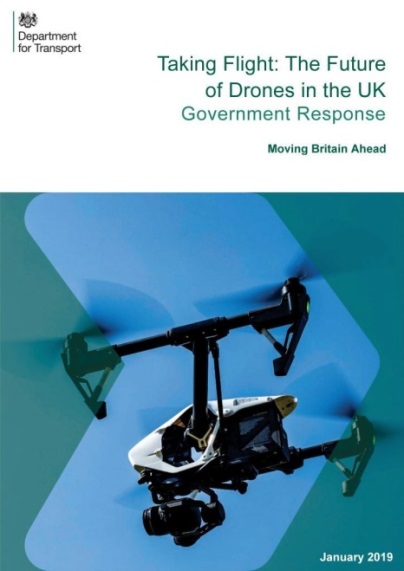
In May 2018, the Government announced revised laws on drone regulation. This was met with concern by many who said it didn’t go far enough. The British Airline Pilots’ Association felt it wouldn’t make drone use near airports safe, giving the example that the new law provided drones could be flown up to 400 ft […]
Read More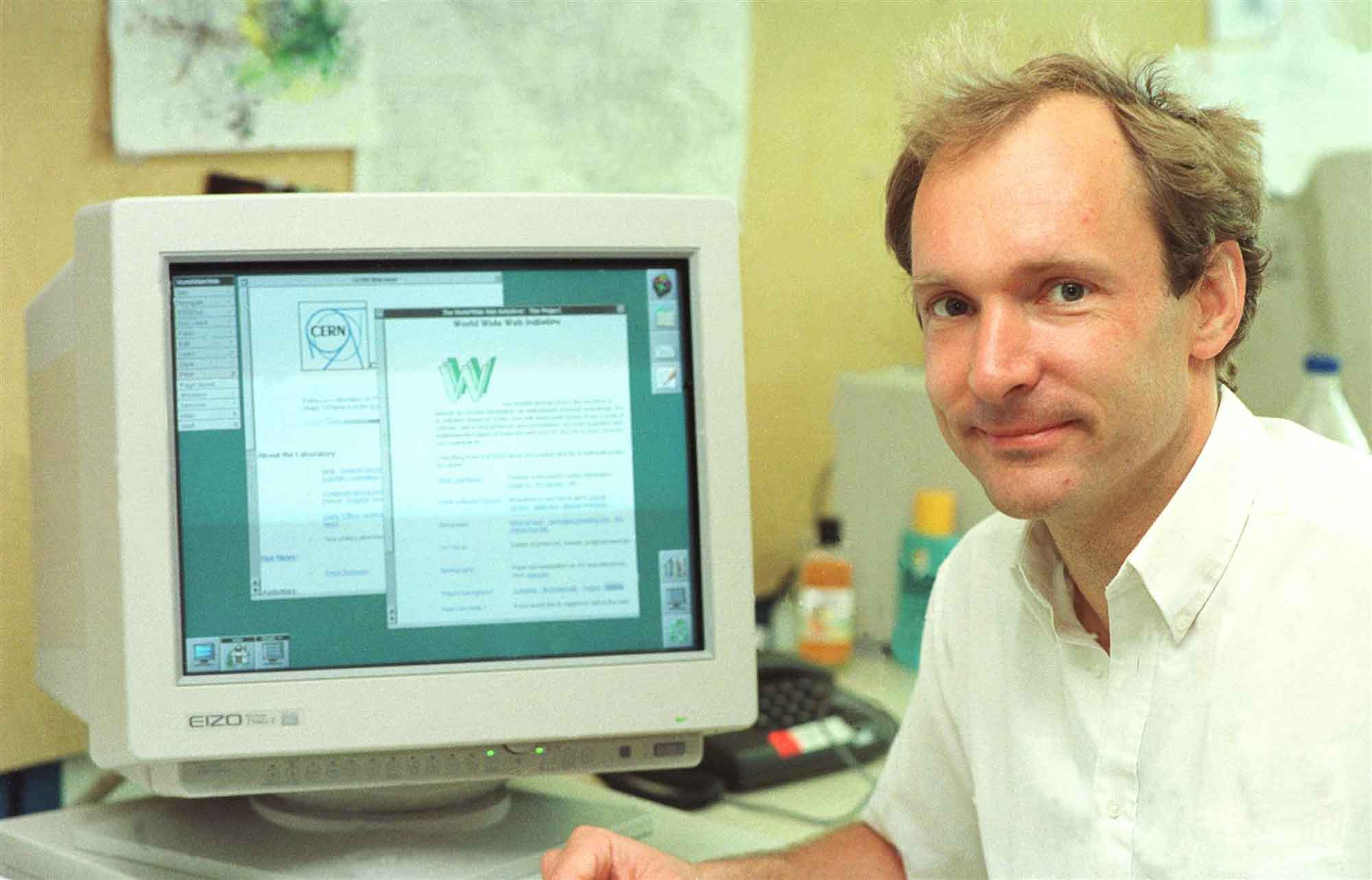
The inventor of the web, Tim Berners-Lee, and others advocated that the underlying code for the web should be made open – publicly available on a royalty-free basis, forever. His employer, CERN, concurred and announced this in April 1993, thus sparking a global wave of creativity, collaboration and innovation on a scale not seen before. […]
Read More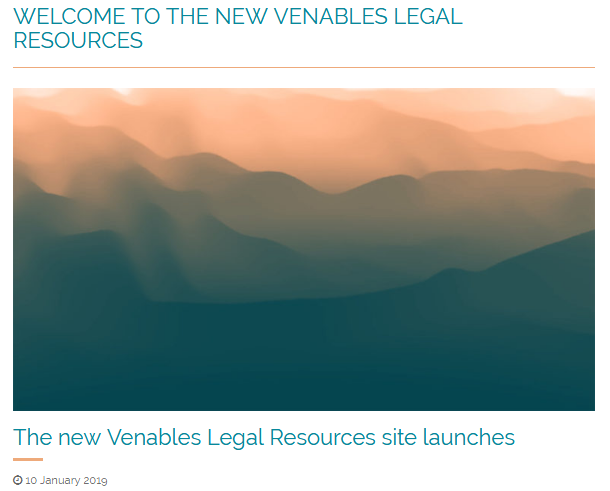
Delia Venables’ long-standing and, many would say, iconic Legal Resources website has been relaunched at www.venables.co.uk. First published in 1995 when the legal web was in its infancy, it has grown continually in scope and size and now contains several hundred pages of listings, describing tens of thousands of websites. It remains one of the […]
Read More
I have lived with the Internet Newsletter for Lawyers for 20 years. I started it as an adjunct to the Venables website www.venables.co.uk but it soon developed a life of its own. It was of course only provided in printed form originally. I remember how it had to be written, printed, collated, packed up and […]
Read More
A snapshot of the type of content provided by the Newsletter in its early days is reproduced below from an old page on Delia’s site, retrieved courtesy of the Internet Archive’s WayBack Machine. It is notable that the range of topics covered is similar to today’s mix. The main difference is that the internet was […]
Read More
The panic has receded. The frantic drafting has slowed down. The GDPR – widely regarded as the most ambitious data protection legal framework ever created – is in place and life goes on. As the dust left by the dramatic coming into effect of the GDPR settles, we are beginning to see what the GDPR […]
Read More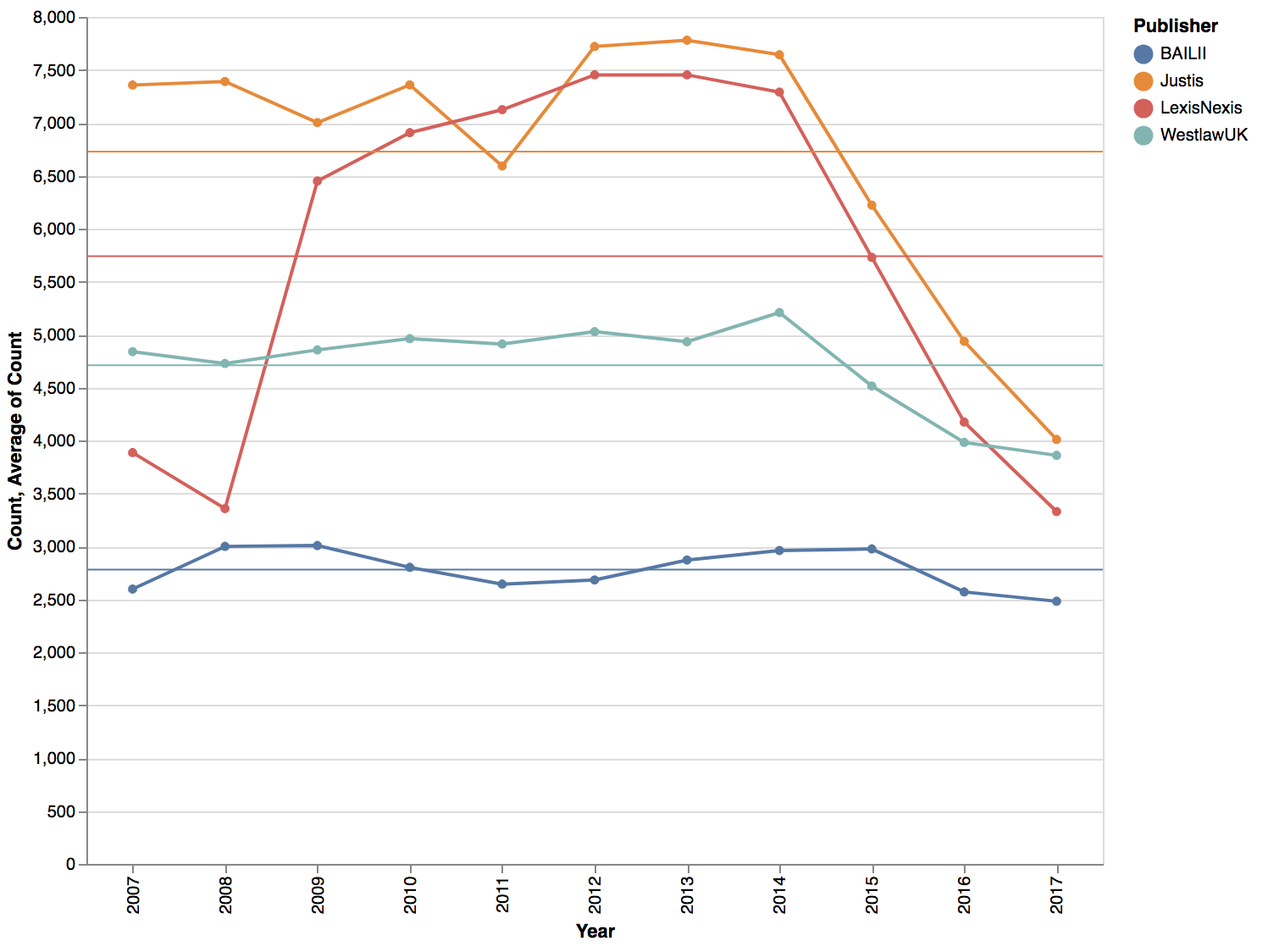
Open access to case law in England and Wales is in a very poor state of health, both in terms of the amount of case law that is freely accessible to the public and in terms of the sustainability and development of the open case law apparatus in this jurisdiction. It is true that the […]
Read More
LinkedIn, acquired by Microsoft in 2016, has over 250 million active monthly users and, according to research from Attorney at Work, it is the most popular social media channel in the US legal sector, used by over 90 per cent of lawyers and forming part of the overall marketing strategy in around 70 per cent […]
Read More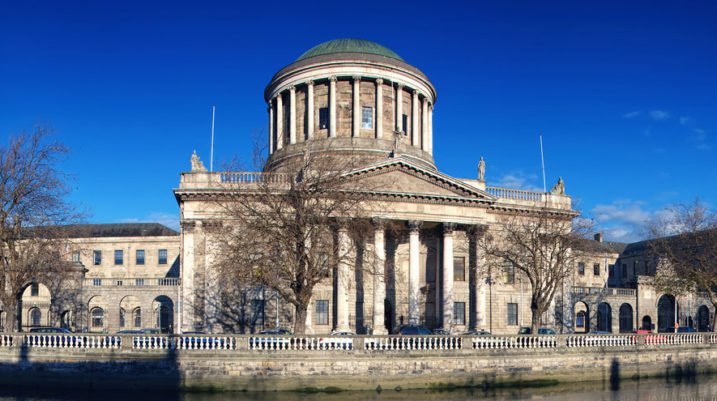
The principal types of online law sources in the Republic of Ireland are as follows: legislative material published by the State; legal publishers’ materials pitched at the legal professions, subject to subscription; general citizens’ rights and business information; information and guides published by various statutory bodies on their activities; a number of legal blogs on […]
Read Moreinfolaw Limited 5 Coval Passage London SW14 7RE Registered in England number 2602204 VAT number GB 602861753